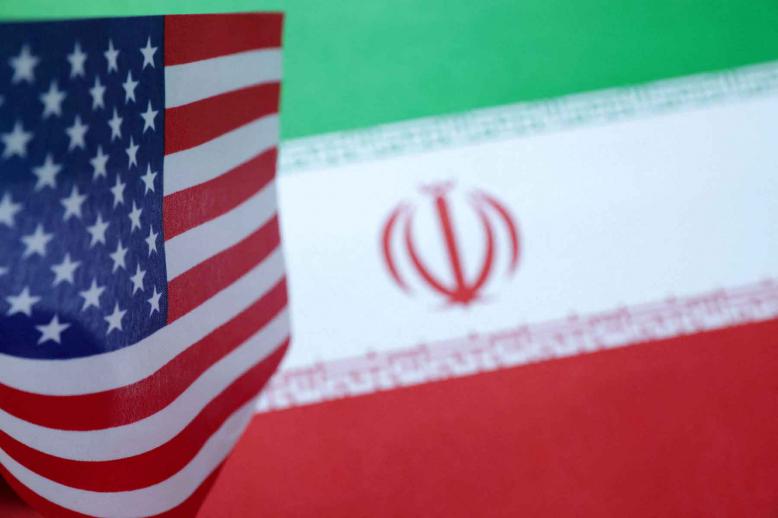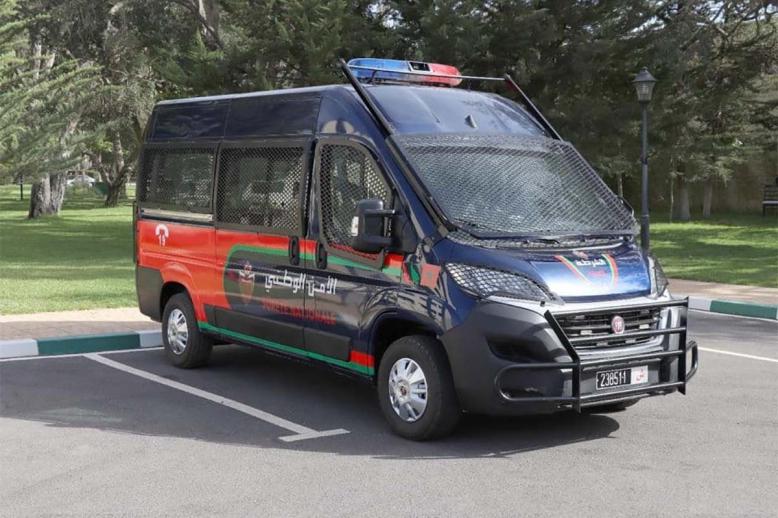Tunisia’s parliamentary blocs agree to withdraw confidence from Ghannouchi
LONDON - Four parliamentary blocs agreed Sunday to initiate the procedures necessary to withdraw confidence from Tunisia’s parliament speaker, Rached Ghannouchi, following a meeting held yesterday between their representatives, said the Democratic Current spokesman Muhammad Ammar.
The parliamentary blocs, which are the Democratic Bloc (the democratic current and the popular movement), the National bloc, the Reform bloc, and Tahya Tounes, issued a joint declaration would be made public tomorrow to announce the initiation of procedures to withdraw Ghannouchi’s confidence as an opposition to the violations he committed, said Ammar.
Ghannouchi, who is the leader of the Islamist Ennahdha party, has faced a huge criticism in Tunisia for siding with Libya’s Government of National Accord led by Prime Minister Fayez al-Sarraj.
Last May, Ghannouchi congratulated Sarraj’s Turkish-backed forces and militias on capturing al-Watiya military airbase from military commander Khalifa Haftar’s Libyan National Army.
His statement caused uproar in Tunisian parliament as several MPs accused Ghannouchi of meddling in foreign affairs and international conflicts.
But Ghannouchi said that his communication with Sarraj did not exceed the Tunisian diplomacy rules.
Article 51 of parliament’s internal regulations stipulates that the Assembly of People's Representatives may withdraw its confidence from its President or one of its vice-presidents by an absolute majority of the members of the Assembly, and this by a written and reasoned request presented to the Bureau of the Assembly by at least one third (1/3) of the members.
The request is then submitted to a plenary session to vote on the withdrawal of confidence or no within a period not exceeding three weeks from its deposit at the registry.






